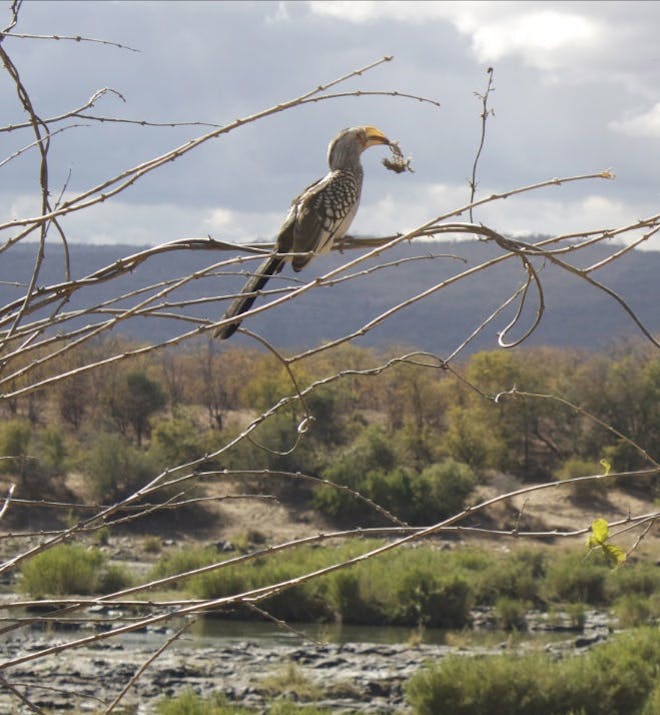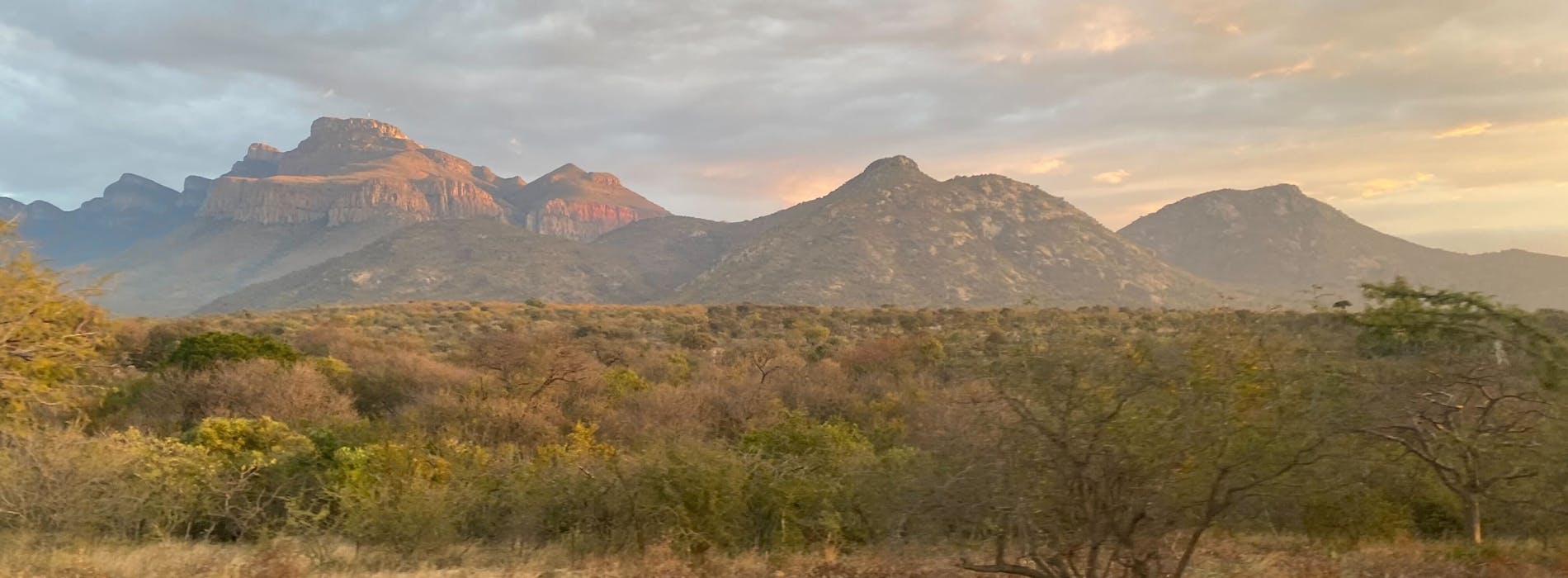
Through my work teaching at university, I have seen the value in backing up what is taught about conservation and wildlife in the classroom with practical field conservation experience. Students attain a far more in-depth understanding of what goes into real-world conservation action when they can engage in such work themselves, and see the results of it with their own eyes.
ACE gives students the eye-opening opportunity to gain on the ground perspectives about conservation issues, such as the rhino poaching crisis, that can be difficult to understand and appreciate fully from a distance.
The students are always exhausted after their trip with African Conservation Experience (ACE), and this is a testament to how much we can pack in. They have the chance to visit a variety of reserves and not only see incredible charismatic animals! Here they learned about the challenges they face, why they must be protected, and what goes into making that happen.
The trips to the wildlife rehabilitation centres are incredibly insightful as they help students to appreciate all aspects of conservation and how all different types of conservation actions work together to contribute to the wider goal of species protection.
Through all of these experiences, students are also able to hear diverse opinions on conservation issues from the different local field guides, researchers, and animal rehabilitators that they work with during the trip. Through listening to their stories and experiences on game drives, bush walks, and centre visits students are able to gain a detailed yet broad perspective of conservation in southern Africa.
ACE enables students to interact directly with, and learn from, active members of the local environmental protection community across all the projects they work with.
For a lot of students, a trip like this is their only opportunity to visit Africa. ACE ensures this once in a life-time opportunity to learn about Africa’s wildlife and ecosystems, and how its people are acting to protect them, is maximised.
The students really enjoy applying the academic knowledge they learn in the classroom and putting it into practice in the field. The joy and excitement they feel by seeing everything come together is amazing, and the trip was full of rewarding moments. There are also some reality checks for the students, especially when visiting a local school and seeing how different our education opportunities in the UK are from theirs.
The whole experience provides students with a solid grounding of conservation work in southern Africa as well as an understanding of the socioeconomic considerations there are with implementing this work.
Students also come home with different perspectives about how to live their lives in the UK and an authentic understanding of conservation initiatives in southern Africa. This trip has a big positive impact on their lives and they carry the fond memories with them for years to come.





